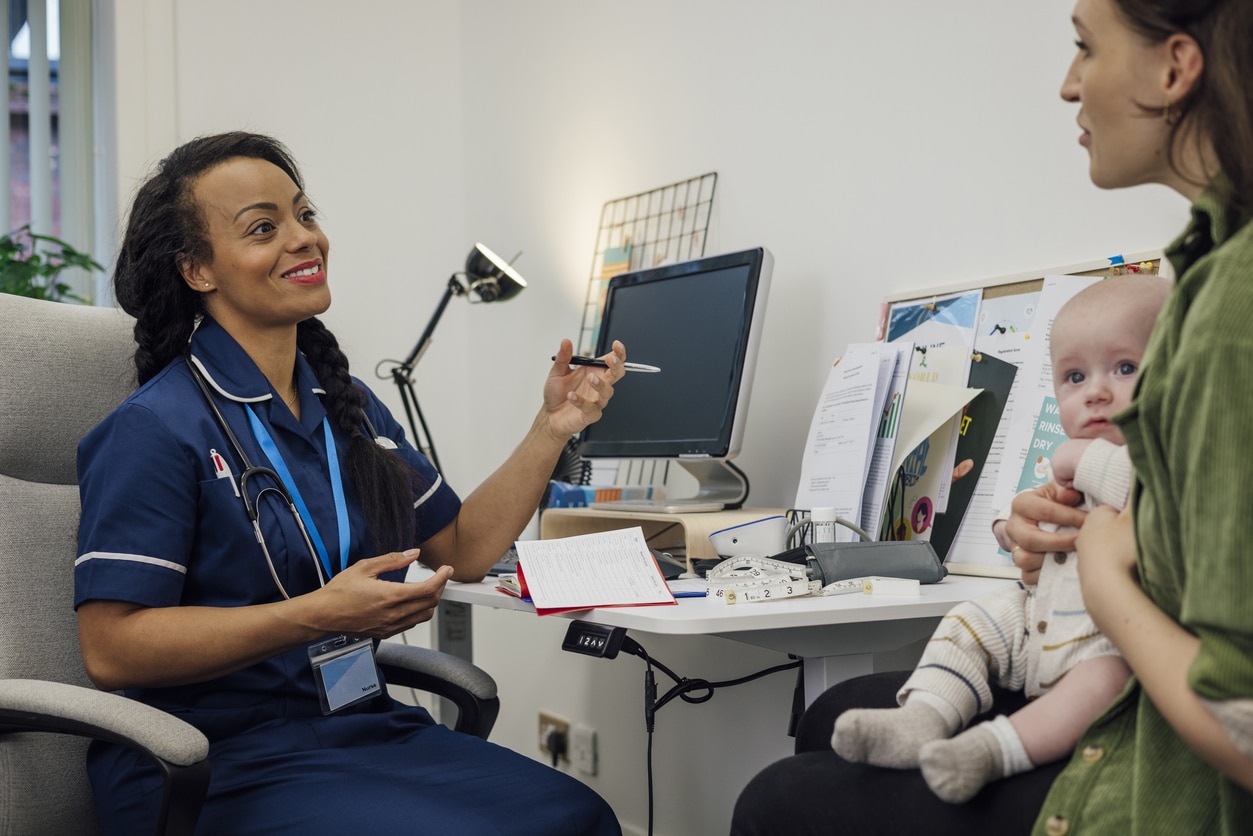Newborn children use their hearing to learn speech and understand the world around them. Approximately 1.7 per 1000 infants screened in the United States are born with hearing loss in one or both ears. Because children rely so heavily on their hearing for learning, prompt identification of infant hearing loss is crucial for early intervention and to prevent slowed development where possible.
How Does Early Intervention Help Your Child?

You have probably heard before that children have an easier time learning a language than adults, accounting for the fact that many find it easier to learn a second language during school rather than in adulthood. This is because children under 12 learn speech passively, whereas adults learn it actively, often letting other learned information fight with the acquisition of new information.
Because the most important time for a child to learn spoken or signed language is within the first three years of life, infant hearing tests are essential to ensure you have the proper tools to help your child learn.
How Do Infant Hearing Screenings Work?
Two tests used to screen for infant hearing loss include:
- The auditory brain response (ABR) test: The auditory nerve and brain stem carry sound from your ears to your brain. The ABR test evaluates how the auditory nerve and brain stem respond to sound. During the test, your provider will place small earphones and electrodes on your child’s head. The electrodes come off as easily as stickers and should not cause your child any discomfort.
- The otoacoustic emissions (OAE) test: The OAE test evaluates how well parts of your child’s ears respond to sound. Your provider will place a soft earphone into your child’s ear canal. The earphone will play sounds and measure an echo response that the ears elicit with normal hearing. A lack of echo indicates a possible hearing loss.
What Can You Do if Your Infant Has Hearing Loss?
If an infant screening reveals hearing loss, make an appointment with an audiologist as soon as possible. An audiologist will be able to verify the screening results and determine the type and extent of the hearing loss. In the event that treatments like hearing aids, cochlear implants or auditory training are required, your audiologist can help guide you through those as well.
To discuss your child’s hearing with one of our qualified specialists, contact Augusta – Aiken ENT & Allergy today to make an appointment.